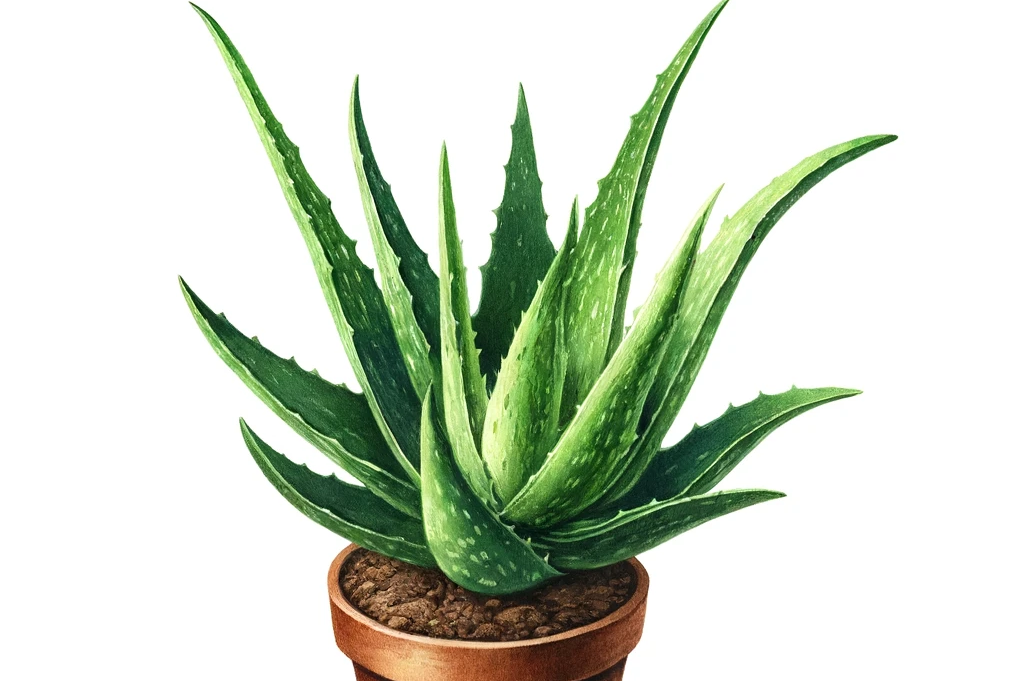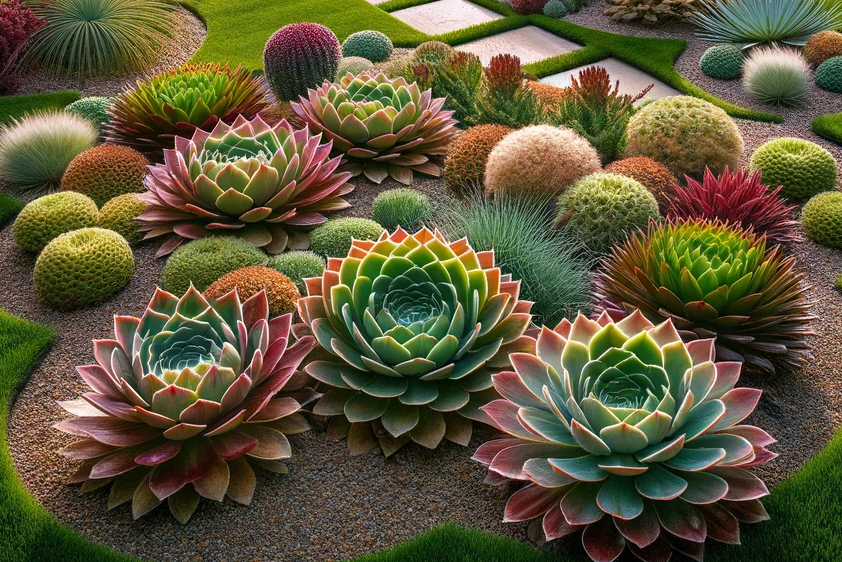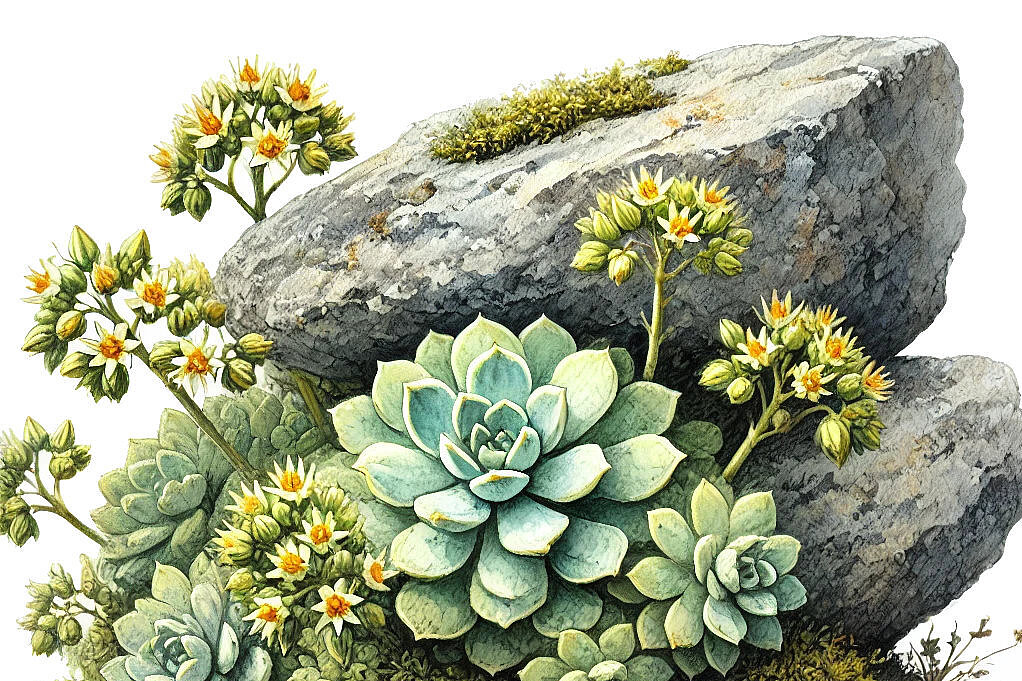Graptopetalum

Graptopetalum, also known as "ghost plant" or "mother-of-pearl plant", is a genus of succulents native to the sunny and dry regions of Mexico and the southwestern part of the United States. These plants are popular with plant lovers for their fascinating colors and easy care requirements. But what about their tolerance and benefits for dogs? In this article, we explore the world of Graptopetalum in the context of canine nutrition and health to understand if and how this succulent can find a place in the lives of our four-legged friends.
What is Graptopetalum?
Graptopetalum is a member of the thick-leaved family and includes various species of succulents characterized by fleshy leaves and often star-shaped flowers. These plants are particularly prized for their ability to thrive in different light conditions and store water in their thick leaves. They vary in color from silver-gray to shades of pink, depending on the amount of sunlight they are exposed to.
Advantages of Graptopetalum
Aesthetic value
Graptopetalum provides high aesthetic value to the living space by creating a calming green atmosphere. For dogs living in a stimulating and pleasant environment, this can indirectly contribute to an improved quality of life.
Potential health benefits
Although the direct health benefits of Graptopetalum for dogs have not been extensively researched, succulents in general can improve air quality by absorbing carbon dioxide and releasing oxygen. Better air quality can lead to a healthier environment for both pets and their owners.
Possible disadvantages and risks
Toxicity
The main concern with introducing plants into a home with dogs is the potential toxicity. It is important to note that many succulents, Graptopetalum included, are non-toxic to dogs. However, caution should always be exercised as individual reactions can vary and ingesting large amounts of plant material can cause gastrointestinal distress.
Risk of injury
Although Graptopetalum generally has no sharp edges or thorns, dogs chewing or playing with the plants could pose a risk of injury, especially if parts of the plant are ingested and cause internal blockages or injury.
Graptopetalum and other succulents can be a safe and aesthetically pleasing addition to a household with dogs, provided care is taken to place the plants out of reach of curious snouts. Although direct health benefits for dogs have not been specifically proven, improving air quality and creating a calm environment can indirectly contribute to a dog's wellbeing. However, it is important to monitor each dog's individual reaction to new plants in their environment and take appropriate action if they show signs of discomfort or allergic reactions. Ultimately, the dog's safety and health should always take priority when it comes to introducing new elements into their living environment.
If you notice any signs of hypersensitivity or poisoning in your dog, you should see your vet immediately. We are not a substitute for a vet, but we try to be as accurate as possible. Every dog reacts differently and we recommend you get a second opinion or consult your vet if in doubt.
Stay healthy and take good care of your four-legged friend!😊
Similar to Graptopetalum
Aloe vera is a succulent plant that belongs to the lily family. It has long, thick, fleshy leaves with spines on the edges. A gel or juice containing many valuable ingredients can be extracted from...
Houseleeks belong to the family Crassulaceae and include various species of Sempervivum that are characterized by their rosette-shaped leaves and their ability to survive in extreme conditions....
Echeverias belong to the Crassulaceae family and are known for their rosette shape and variety of colors and sizes. Originally from the arid regions of Central and South America, they have...
Sedum, often known as stonecrop, is a genus of succulents comprising over 600 species. These plants are popular because of their undemanding care, drought tolerance and diverse shapes and colors....



